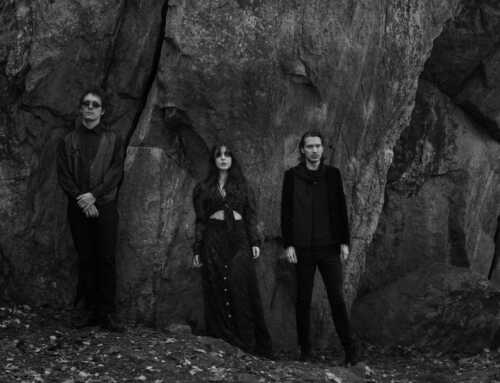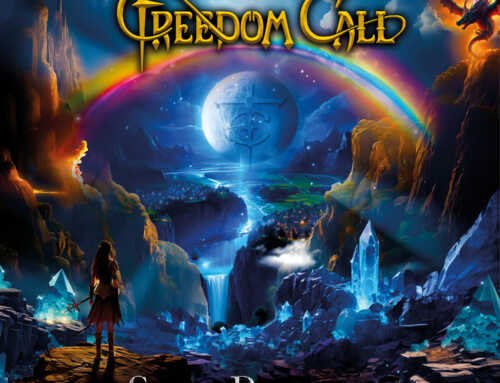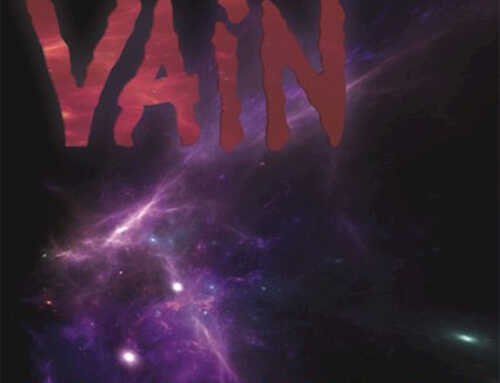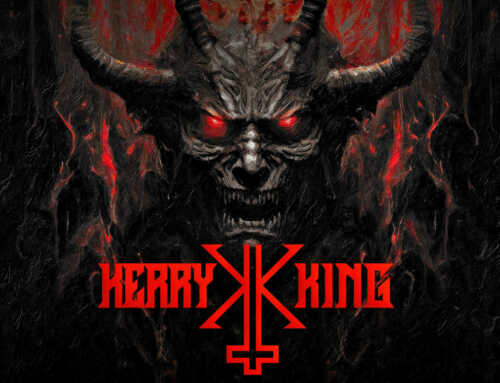Heavy metal; since the earliest days of the genre, acolytes and critics alike have sought to forge a link for purposes good or band, between the sturm und drang of the modern art form and it’s predecessor of ages past. From the devil-take-the-hindmost-genius of Paganini as embodied by Yngwie Malmsteen, through the bombast of Wagner as filtered by artists like Manowar, to the atonal nirvana of Schoenberg or Stravinsky reimagined for the modern ear, perhaps by Rammstein, or perhaps by one of the artists who reside in the van of modern extreme music, the continuum of genius is often held to proceed through these lines.
Such an accolade could be handed to French musician Hasard, who, with his Livre Troisième seeks to at last, and perhaps definitively, weld the world of extreme modernity to the grandeur of past times. Here we have an artiste who is willing to work in the margins of two worlds in the hope of emerging at the centre of one, unified form. The judgement of success or failure I can only leave to the listener; save to say that this is a work staggering in vision, ambition, and execution.
Whilst most listeners – and readers of this website – will be familiar with the term metal opera, they would perhaps be coming to this piece under false pretences if it were introduced as such. Certainly elements of opera and metal are here; but this is no simplistic exercise in bombast for bombast’s sake. Compositions such as Chant IV – Salve Regina inhabit a world where enthusiasts of both metal and opera might find comfort in the familiar; tortured screams and howls from the avant garde of black metal grind against epic orchestration and a massed chorale that Mozart might have recognised… and seemingly the conceit of the composer finds proof in this one piece, wherein a synergy even of two apparently disparate strains of musical thought leads to a co-existence that finds each enhancing the other.
This process is continued across the eight acts that comprise the piece in toto; and whilst it could never be baldly asserted that Livre Troisième might appeal to fans of artistes like Judas Priest or Iron Maiden, the same tropes that have been so successful for both those entities are employed here in greater or lesser extent repeatedly, meaning that those willing to investigate and deconstruct the artiste Hasard’s work may find a suprising amount here that is both familiar (at three or four removes, perhaps, but familiar nonetheless), and, perhaps more importantly, enjoyable.
Livre Troisième is out now.








Leave A Comment